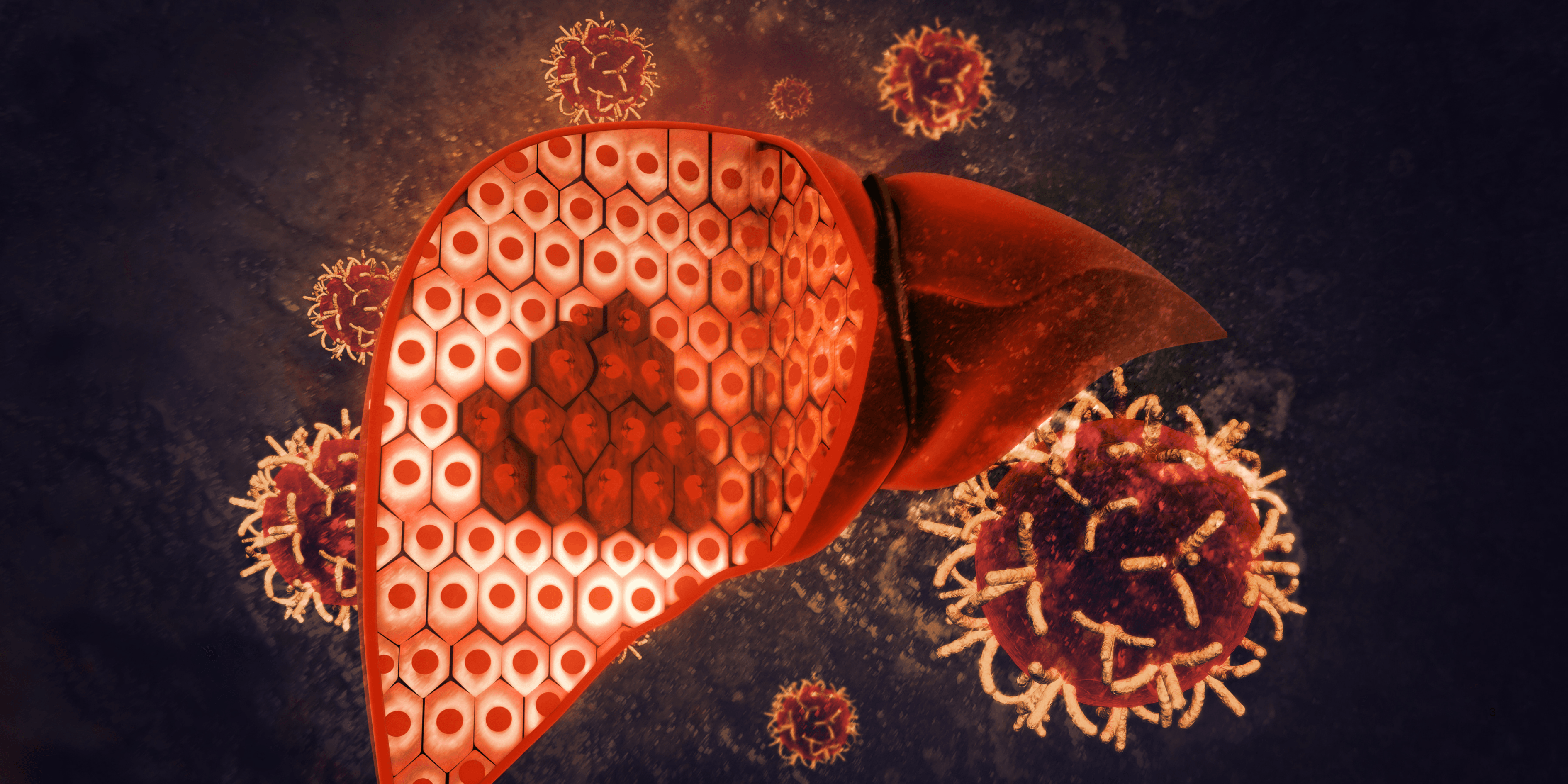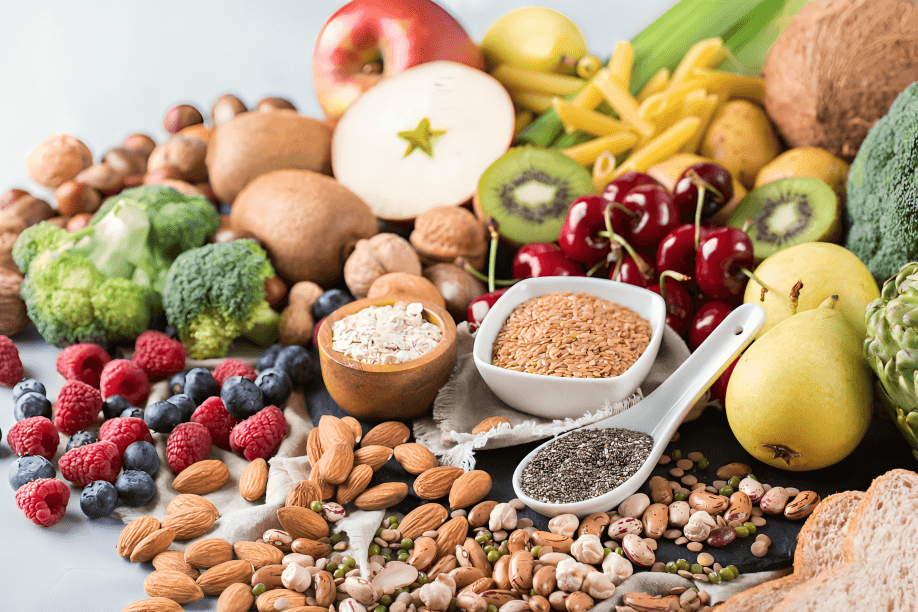
“
1
Fatty liver disease and how to reverse it is a topic of growing importance as lifestyle factors increasingly impact liver health. This condition, characterized by excessive fat accumulation in liver cells, can lead to serious complications if left unaddressed. Fortunately, with informed choices and proactive measures, it's possible to manage and even reverse fatty liver disease. 1
1
”
Doctors often stress that early detection is vital. Fatty liver disease can silently progress for years, but with timely lifestyle changes, it’s often reversible before leading to permanent liver scarring. 1
Losing just 5–10% of your total body weight can lower liver fat and inflammation. Even small reductions help the liver repair itself and function better without needing medication or invasive procedures. 2
Sugary drinks and processed foods worsen fatty liver by increasing fat production in the liver. Reducing added sugars and refined carbs can quickly slow disease progression and improve liver enzyme levels. 3

Black coffee, when consumed moderately, is linked to healthier liver enzymes. Its antioxidants help protect the liver from inflammation and fibrosis, especially in silent non-alcoholic fatty liver disease.
Strength training builds muscle and boosts fat metabolism. This helps burn fat from organs, including the liver, making weight training an effective part of reversing early-stage fatty liver disease. 4
Sleeping 7–8 hours a night balances hormones that regulate metabolism. Poor sleep disrupts these hormones, leading to weight gain and increased liver fat, even if calorie intake doesn’t increase. 5
Chronic stress elevates cortisol, a hormone that can lead to fat buildup in the liver. Managing stress through yoga, deep breathing, or mindfulness helps reduce liver fat and improves recovery chances. 6
Alcohol, even in small amounts, can worsen fatty liver. It inflames liver cells, leading to quicker progression of the disease. Avoiding alcohol is crucial in both alcoholic and non-alcoholic fatty liver disease. 7
Some over-the-counter drugs and herbal supplements can damage liver cells. It's important to avoid self-medication and consult a doctor before taking substances that might interfere with liver repair. 8

Drinking plenty of water helps the liver flush out toxins efficiently. Staying hydrated improves digestion, supports fat metabolism, and helps reduce pressure on the liver during the healing process.
Foods rich in antioxidants—like spinach, berries, turmeric, and green tea—protect liver cells. These nutrients reduce free radical damage that contributes to liver inflammation and tissue scarring. 9
Replacing saturated fats from fried foods and fatty meats with healthier fats like avocado, olive oil, and nuts reduces liver fat storage and helps restore normal liver function gradually. 10
Practicing mindful eating—slower meals and recognizing fullness—helps prevent overeating. This reduces fat accumulation in the liver by keeping calorie intake in balance. 11
Intermittent fasting can reduce liver fat by allowing the body to burn fat stores. Structured eating windows help improve insulin sensitivity and limit fat buildup without needing strict calorie counting. 12

Fiber-rich foods like oats, legumes, and vegetables slow sugar absorption and improve digestion. This supports liver recovery by stabilizing blood sugar and reducing the risk of new fat formation in the liver.
A sedentary lifestyle contributes to liver fat buildup. Reducing screen time and increasing daily movement—even just standing more—can lower risk and enhance liver healing, even without intense workouts. 13
Vitamin E, when taken under medical supervision, may reduce liver inflammation in non-alcoholic fatty liver disease. It works by lowering oxidative stress, but it must be used with guidance. 14
People with type 2 diabetes are more likely to develop fatty liver. Controlling blood sugar through diet, activity, and medication can reduce liver fat and stop the disease from worsening. 15
Genetics can increase your fatty liver risk, even if you're not overweight. However, maintaining a healthy lifestyle still plays a key role in preventing and reversing the condition’s effects. 16
Many doctors now view fatty liver as reversible with the right changes. Diet, movement, stress management, and regular check-ups together form the foundation for long-term liver repair and disease prevention. 17


